$ABBV $BMY #Pharmaceuticals #Tariffs #Drugmakers #Healthcare #StockMarket #Economy #MedicationCosts #TrumpPolicy #FinanceNews #MarketTrends
How Will Trump’s Pharmaceutical Tariffs Impact Your Medication Costs? Discover Which Drugmakers Will Feel It Most!
In the wake of trump’s news concerning pharmaceutical tariffs, patients and investors alike are bracing for potential impacts on medication costs and company valuations. This new policy could reshape the landscape of healthcare spending and stock market dynamics within the pharmaceutical sector.
Understanding the Scope of Trump’s Pharmaceutical Tariffs
Trump’s administration has proposed tariffs that could significantly affect the cost structure of drugs imported into the United States. These tariffs are part of a broader trade policy aimed at encouraging domestic production but could have unintended consequences for drug prices and availability.
Which Drugmakers Are Positioned to Weather the Storm?
According to insights from industry analysts, companies like AbbVie, Bristol Myers Squibb, and Eli Lilly are relatively well-prepared to handle these new economic challenges. Their diverse product lines and strong domestic presence may shield them from the harsher impacts of the tariffs. For more in-depth analysis on these stocks, you can read further on financial news about the stock market.
Conversely, global giants such as Novartis and Roche might find themselves more vulnerable due to their significant reliance on international markets and supply chains that could be disrupted by increased tariff costs.
Analyzing the Impact on Medication Costs and Accessibility
The primary concern for consumers is how these tariffs will translate into medication costs at the pharmacy. There is a real risk that increased costs for manufacturers may lead to higher prices for end-users, potentially limiting access to essential medications for some patients.
Moreover, the strategic responses from affected companies will be crucial. They might need to reassess their pricing strategies, supply chain logistics, and market focus to mitigate the impacts of the tariffs. Such shifts could also prompt a reevaluation of investment strategies within the pharmaceutical sector.
Long-Term Implications for the Pharmaceutical Industry
Looking ahead, the long-term implications of Trump’s pharmaceutical tariffs could extend beyond immediate price adjustments. They may spur innovation in domestic drug production or lead to increased investment in alternative markets to circumvent tariff barriers. Additionally, this policy could ignite further political and trade negotiations that reshape global pharmaceutical trade practices.
Conclusion: Navigating a New Era in Healthcare Economics
As the situation unfolds, stakeholders in the healthcare industry must stay informed and agile. Patients, healthcare providers, and investors need to prepare for a range of outcomes as the effects of Trump’s pharmaceutical tariffs take shape. Understanding which companies are at risk and which are poised for resilience will be key in navigating this new era of healthcare economics.
For ongoing updates and expert analyses on how these and other economic policies are shaping the market, keep an eye on the latest financial news and trends.
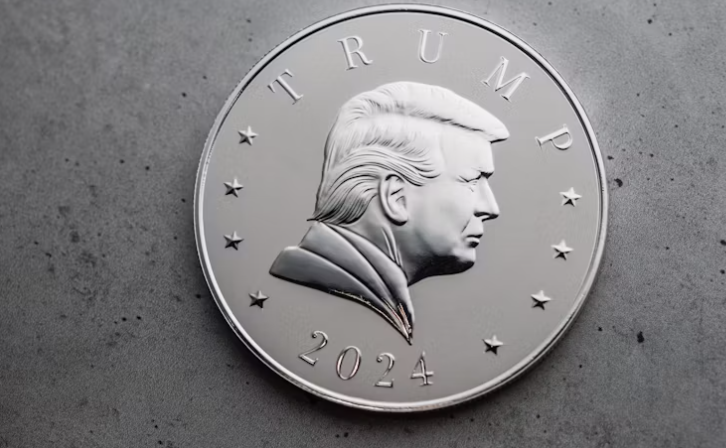

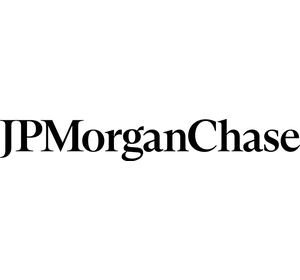
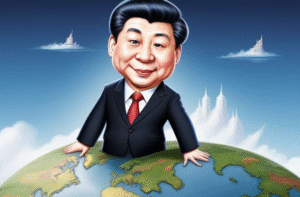



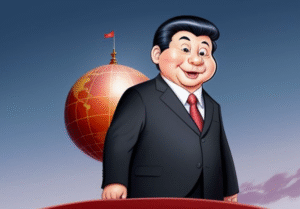


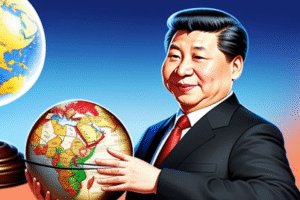
Comments are closed.